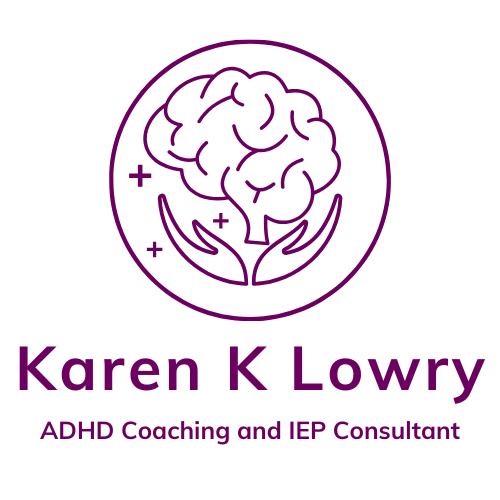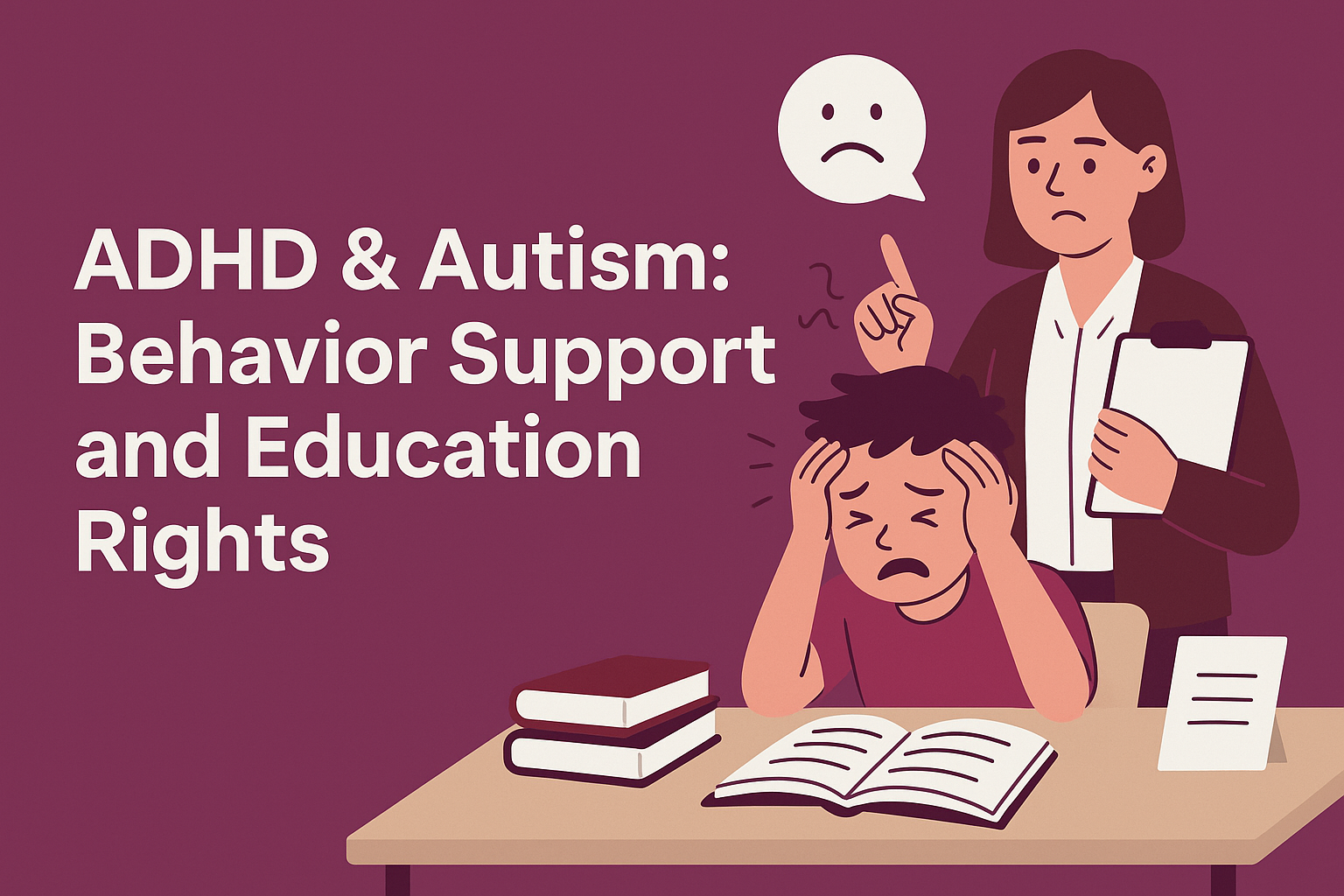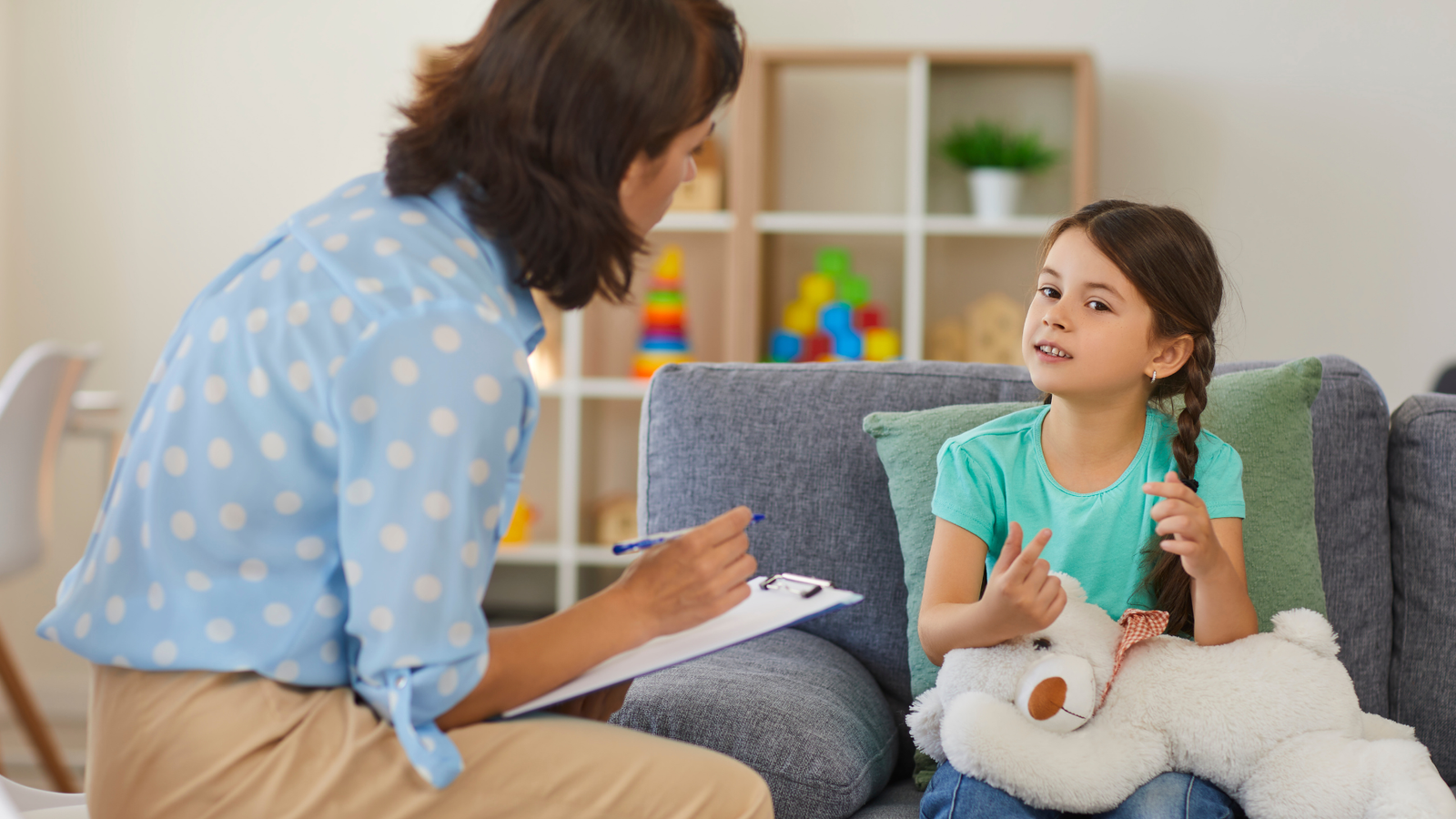As a parent of a child with ADHD, you might find yourself on an emotional rollercoaster—wondering what ADHD truly means for your child’s future. Why is your child struggling to focus, follow through on tasks, or sit still in class? ADHD, or Attention-Deficit/Hyperactivity Disorder, is a diagnosis that often comes with many questions, and even more misconceptions. Those misconceptions many times exist in schools, hampering effective support.
But understanding ADHD is the first step toward supporting your child in the best possible way. Let’s break it down and explore what ADHD means for kids, how it impacts them, and how you can help them thrive. Remember, you know your child best!
What Is ADHD?
ADHD is a neurodevelopmental disorder that affects how a child’s brain processes information. It’s not about being lazy or willfully disruptive—it’s about how the brain’s wiring affects a child’s ability to focus, control impulses, and regulate their behavior.
There are three primary types of ADHD:
- Inattentive Type: Difficulty staying focused, following instructions, and staying organized.
- Hyperactive-Impulsive Type: Impulsivity, difficulty sitting still, and acting without thinking.
- Combined Type: A mix of both inattentive and hyperactive-impulsive behaviors.
Each child’s experience with ADHD is unique. Some may have predominantly one type, while others may show signs of both. Many times those kids with inattentive ADHD don’t appear to have the struggles that those with the hyperactive type do. But they can struggle just as much quietly. Very common are executive functioning deficits like organization, time management, transitioning, emotional regulation, and planning.
How ADHD Affects Kids in Real Life
It’s not always easy to see how ADHD impacts kids. On the surface, they may appear disorganized, forgetful, or even rebellious. But there’s more beneath the surface.
- At School: A child with ADHD might struggle to pay attention in class, finish assignments on time, or follow instructions. This can lead to academic challenges, even though they might be incredibly bright. Those behaviors many times are thought to be willful.
- At Home: Tasks that seem simple to you—getting ready for school, cleaning their room, or completing homework—might feel like insurmountable obstacles for a child with ADHD. These challenges can often lead to frustration, not just for the child, but for the whole family.
- Socially: Kids with ADHD may find it difficult to make friends, especially when they’re impulsive or talk over others. They might not pick up on social cues, leading to misunderstandings with peers.
The Strengths of ADHD
While ADHD presents challenges, it also comes with some incredible strengths. Kids with ADHD often exhibit:
- Creativity and Innovation: They think outside the box and can come up with solutions others might not see.
- High Energy and Enthusiasm: Their boundless energy can be channeled into sports, hobbies, or passion projects.
- Hyperfocus: When engaged in something they truly care about, children with ADHD can enter a state of hyperfocus and complete tasks with incredible intensity.
As parents, it’s important to see ADHD not just as a set of challenges but as an opportunity to tap into these unique strengths. Sadly, they don’t feel special or smart since in their eyes, everyone is always speaking negatively and correcting them.
How ADHD Is Diagnosed
ADHD is typically diagnosed through a combination of:
- Parent and teacher reports on behavior and performance
- Clinical evaluations by psychologists or pediatricians
- Behavioral checklists and observations
It’s important to note that ADHD isn’t diagnosed with a single test or based on a single behavior. It requires a comprehensive evaluation from professionals who can rule out other possible causes for a child’s symptoms. Also remember that schools can NOT diagnosis ADHD. But they can offer a complete psychoeducational evaluation to test in areas of struggle and to determine the presence of a learning difference.
Helping Your Child Succeed with ADHD
Now that we know what ADHD is and how it affects kids, the question remains: How can you support your child?
- Create a Routine: Consistency is key. Kids with ADHD thrive when there’s structure in their daily activities.
- Positive Reinforcement: Instead of focusing on negative behavior, reward and praise positive actions. This builds their self-esteem and encourages better behavior. In the course of a day, kids struggling with ADHD receive many more negative responses then positive, just reinforcing to them they are not smart and not like their capable peers.
- Break Tasks into Manageable Pieces: Large tasks can feel overwhelming for a child with ADHD. Breaking things down into smaller steps can make them more achievable. This would also be an example of a project due over the course of a few weeks. Planning can be difficult so support is needed to chunk pieces of the project with corresponding outlining of when each should be due in order to finish the entire project on time.
- Leverage Their Strengths: Encourage your child to explore creative activities or sports where their energy and focus can shine. Many times our kids with ADHD do have some form of a learning disablity. Sometimes complete psychoeducational testing is beneficial to truly understand needed areas of support.
Seeking Professional Help: Master IEP Coach, ADHD Coach
ADHD is best managed with a team approach. Parents, educators, and healthcare professionals need to work together to ensure the child gets the right support. ADHD coaching can help children learn strategies to manage their symptoms and succeed in school, while parents can benefit from guidance on how to advocate effectively.
If you’re looking for more support on how to navigate the school system or manage ADHD behaviors, feel free to reach out for a consultation. As discussed in my article on Ensuring Achieved ADHD Goals in the IEP, a tailored plan can make a significant difference.
Final Thoughts: Embracing Your Child’s Journey with ADHD
ADHD doesn’t define your child, but it does shape their experiences. By understanding what ADHD truly is and how it affects your child, you can help them tap into their full potential. And remember, you’re not alone—there’s support out there, from coaching to advocacy, to help both you and your child navigate this journey.
If you’re feeling overwhelmed, or just need some guidance, don’t hesitate to get in touch with me. Together, we can create a path forward that ensures your child thrives academically, socially, and emotionally.
👉 Contact me today to start your journey toward a brighter future for your child with ADHD.





